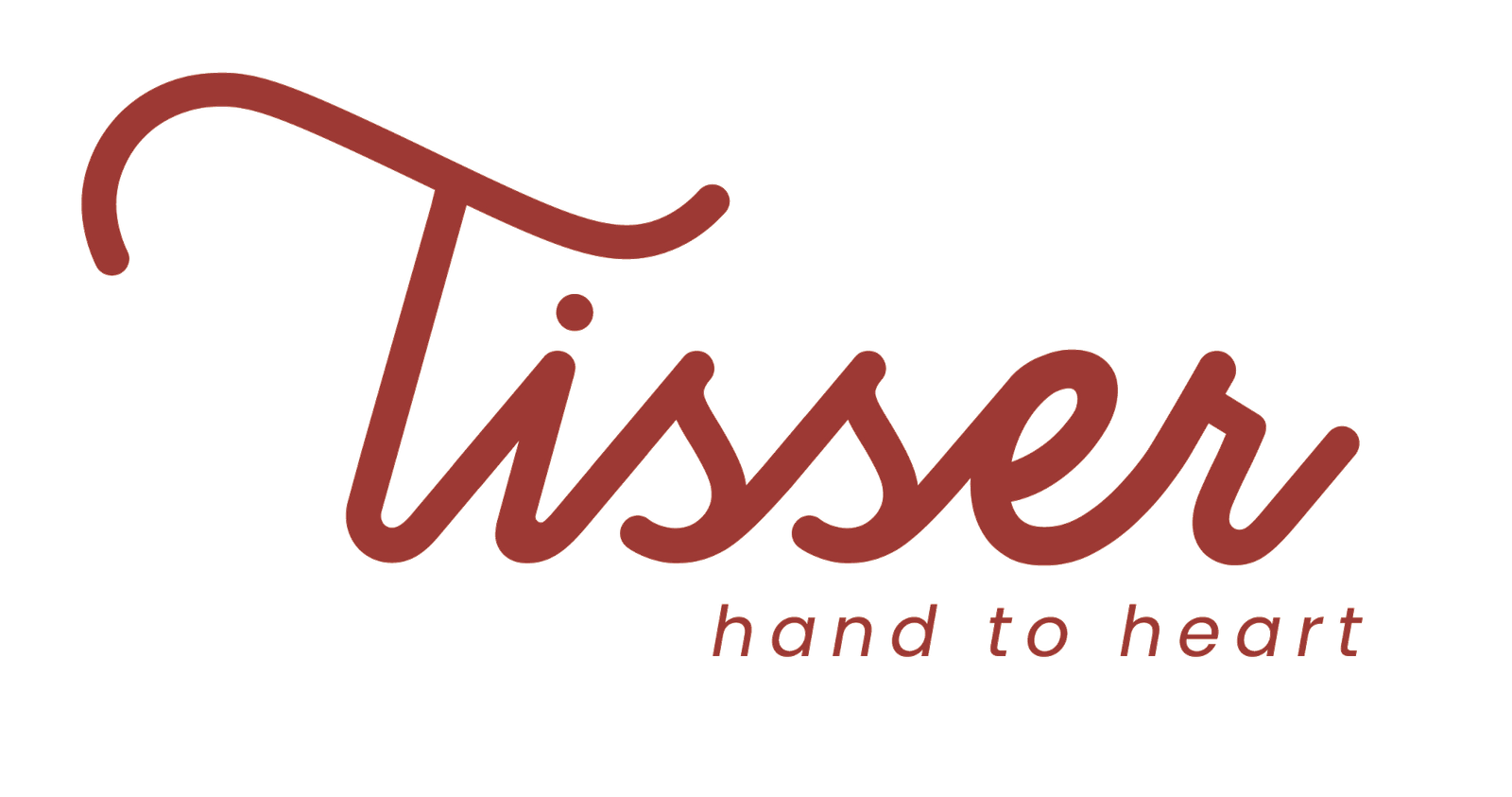Dr. Phansalkar is a gold medalist in master’s in three subjects and a Doctorate in ‘System Design for Resource Planning and Management’ under a National fellowship. Her Ph.D. and one Masters degree were acquired post marriage. While doing her Ph.D. both kids were born and are now grown-up, independent individuals. She is also a trained national-level horse rider and has received the best rider trophy twice at the RDD Camp, New Delhi. She has a Masters in Planning from the Center for Environmental Planning and Technology (CEPT), Ahmedabad.
She is a social entrepreneur and founder of Tisser Artisans Trust. Hard work, a will to learn, and a passion to give back to society kept Megha going. An Urban Regional Planner with an experience of 20 years in the development sector, Dr.Megha Phansalkar specializes in community-led development in rural water supply, rural-urban sanitation, and rural development with a focus on livelihoods. Read Less
She has worked with the World Bank since 2007 on multiple water sanitation and Livelihood projects. Megha was elected to the Steering Committee, in Geneva for three years to represent South Asia in WSSCC (Water Supply Sanitation Collaborative Council, Geneva) WSSCC is a body with UNOPS. As an urban planner, she works with multiple institutions to pilot innovations and take them to scale.
Megha realized that the indigenous weavers and artisans suffered as they lacked design and marketing support, which left them at the mercy of exploitative middlemen and without a stable source of livelihood. Hence, she went ahead and addressed this issue by founding her own not for profit trust which helped in trying to generate a much-needed source of income for these artists. The trust realized the need for incorporation of modern styles and techniques into the age-old traditional skills of the artisans. It aimed to bring a new wave of innovation and seek a unique model by supporting product design & diversification, bringing IT innovations for improving artisan connect, and working on end-to-end cluster development.
Known for women empowerment and skilling with innovation, Megha has been awarded multiple awards nationally and internationally. Her work experience with Non-Governmental Organizations, Government Departments and International Agencies bring a multi-dimensional, multi-stakeholder approach in working for partnerships and convergence to address developmental issues.
Women’s Empowerment (WE) and Gender Equity are not merely the inclusion of women in development programs as beneficiaries. Rather, women’s empowerment goes beyond and can be assessed in terms of the combined effects:
-
Agency of Women – knowledge, skills, self-esteem, personal aspirations
-
Structures – societal norms, customs, policies, laws, institutional arrangements (III)
-
Relationships – power dynamics within households, with family members; support from others.
To enable the women to be producers and earn regular income in a sustainable manner, and scale up operations, the following are necessary:
-
Continuous improvement of knowledge and skills: Creating more occasions for practicing their craft will help women hone their skills. With the gap between training and the provision of necessary support and infrastructure for women to start production or launch enterprises, there is a need for more frequent training to be conducted to ensure that women’s skills are up-to-date. Creating more opportunities for practicing their crafts through workshops and knowledge improvement programs, and exposure about Warli art will help the women gain new knowledge and upgrade their skills. Otherwise, with long gaps between the training and practical applications, there is a risk that skills may be forgotten.
-
Providing space and infrastructure: As the program scales and more women get trained and start practicing their crafts at a commercial level, there is a need for providing women with the necessary tools, equipment, and space. Such a space will enable true equity among the women who currently, in a few locations, are dependent on common spaces which are subject to environmental and social vagaries due to their nonexistence.
-
Access to capital: At present, there are no avenues for trained women to access capital from formal institutions. Given that access to capital will be essential for many of these women to start small businesses, it may be worthwhile to explore financing options that these women can take advantage of.
-
Institutional linkages: To create sustainable and scalable interventions, there is a need to create strong institutional linkages with different departments, trade associations, retailers, financing organizations, and donors. As the program expands, without continued support, these activities will stagnate and the linkages to markets, capital, and continued mentoring and support will be at risk.
The impact is big:
-
With Megha’s trust, women artisans have acquired a level of self-esteem and confidence that has allowed them to take greater ownership of their own life and use their agency in family affairs.
-
Given that women’s economic empowerment is central to poverty reduction and shared prosperity, investing in capacity enhancement and improved access to new skills, financial and digital opportunities for girls and women is one of the key focus areas of her trust’s work in India.
-
India has a wide repertoire of handlooms and weaving cultures. Megha developed a unique model focusing on a 360-degree change that ensures that all facets of Indian Handloom Production and Traditional Weaving are enhanced and expanded.
-
Developing key enterprises in Clusters – an important aspect of the trust’s operations – is essential for developing partnerships and ensuring livelihood generation possible for artisans across larger catchment areas.
-
Well-designed market-led products are key to artisans’ revival, product needs to be co-created with artisans.






